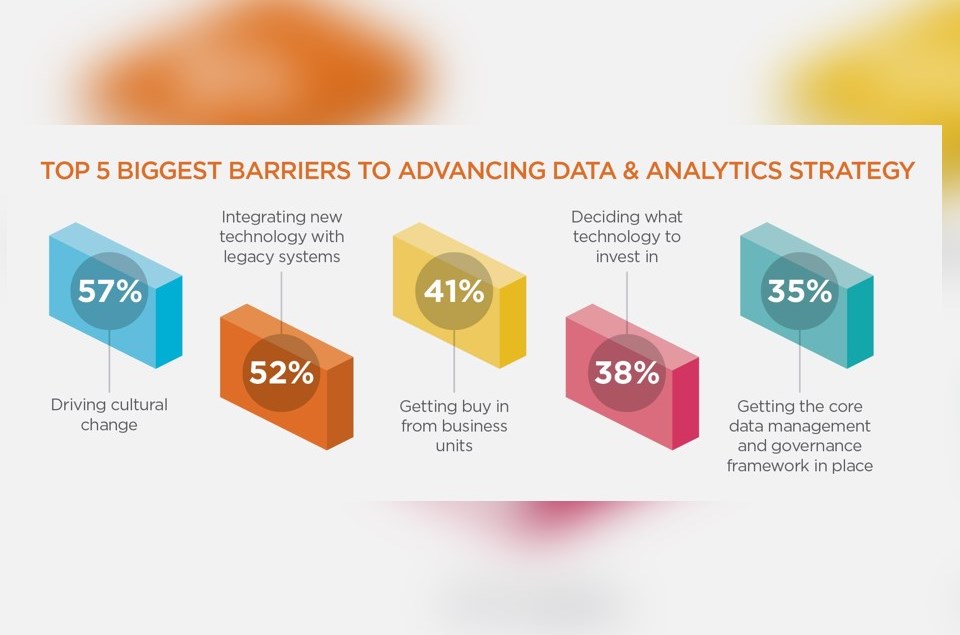It was reported in the news recently that researchers at an Oxford Hospital in the UK have developed artificial intelligence (AI) that can diagnose scans for heart disease and lung cancer more effectively than if the same conditions were diagnosed by an actual doctor. The system, it is said, will save billions of pounds to the NHS in the UK by allowing these diseases to be detected much earlier and therefore treated more quickly and effectively. This innovative technology will be rolled out to NHS Hospital in the summer of 2018 for free and has been hailed as a new technology that will “save the NHS.” £2.2bn is spent on pathology in the NHS, and with the introduction of this new AI technology it is predicted that this amount will be reduced by 50%.
But just how effective is this new AI in detecting heart disease and lung cancer? Currently, cardiologists can tell from a person’s heartbeat if there is a problem by the timing of it being “off”, but get it wrong in one in five cases. Patients are then at risk of having to undergo unnecessary surgery or are sent home where they are more likely to have a life-threatening heart attack.
However, researchers at the John Radcliffe Hospital in Oxford, UK have developed an AI system that picks up potential problems on heart scans with a much greater accuracy than if they are looked at by actual doctors because it can pick up details in the scans that cannot be seen by doctors. It then gives a recommendation – positive – which means it believes there is a significant risk of the patient having a heart attack.
At present within the NHS in the UK 60,000 heart scans are carried out each year and 12.000 scans are misdiagnosed, with the results from the clinical trials indicating that the new AI system can diagnose problems with greater accuracy than consultants do. An estimated £600m is spent by the NHS in unnecessary surgical procedures and operations, and the treatment of those who have suffered a heart attack following an all-clear scan. So far the trial results have shown that the AI system could potentially save the NHS more than £300m a year.
The system, called Ultromics, was trained to identify potential issues through being fed scans from 1000 patients, along with information about whether those patients went on to have heart attacks or other heart problems.
Another AI system is also looking for signs of lung cancer by searching for large clumps of cells called nodules. Presently doctors cannot tell whether these nodule clumps are benign or whether they will go on to become cancerous, and so patients may have several scans to see how the nodules develop.
So far these clinical trials have shown that this AI system can rule out benign cases, which saves the NHS money and most importantly, saves patients several months of anxiety while they wait to find out the outcome of their medical investigations. It has also been able to diagnose lung cancer much earlier and thus patients who have been diagnosed with the condition has received a much better prognosis than they would have done.
This new AI system is currently being commercialized by a company called Optellium. It’s Chief Data Science and Technology Officer, Dr Timor Kadir, has stated that trials of the AI system in Manchester, UK suggest that more than 4000 lung cancer patients a year could be diagnosed much earlier and have a much greater prognosis of survival.
The potential of this new piece of AI in the UK is huge within the NHS, and while there are significant cost savings to be made from it, it also has great benefits to those who are diagnosed with heart or lung problems earlier than they would have been through the use of this new AI technology, thus improving their chances of survival drastically. Additionally, £10bn a year could be saved if this new AI system was rolled out in the USA and EU.
What do you think of this new development in the world of Artificial Intelligence? How much do you think it will impact on the healthcare industry and the early detection of heart disease and lung cancer? Join the debate in our LinkedIn Groups:
About Corinium Digital
Corinium Digital offers digital marketing solutions made possible by our global network of emerging CXO roles. Our speciality is audience acquisition from cross- sector industries & a range of seniority from junior staff all the way to the decision-making C-suite (500,000+ global contacts). We provide multiple platforms to build relationships all year with our truly digital CXO communities. We will improve your lead generation, branding & content/ thought leadership. Advising on industry insights with dedicated editorial staff, online content specialists, digital marketing advisors & UX/ CJM manager, we can help create an integrated, digital strategy to increase your online presence. For more information visit www.corinium-digital.com.
Written by Lisa Ventura, Content Marketing & Editorial Manager – Corinium Digital.












